The body, the Joint Trade Associations, is proposing a fee which gets higher the further a compliance scheme is from meeting its evidence target.
Producer compliance schemes will be liable to pay the fee if they fail to meet their members’ recycling obligations through buying sufficient recycling evidence. The Department for Business has asked the sector to come up with ideas for the mechanism which will be used to calculate it.
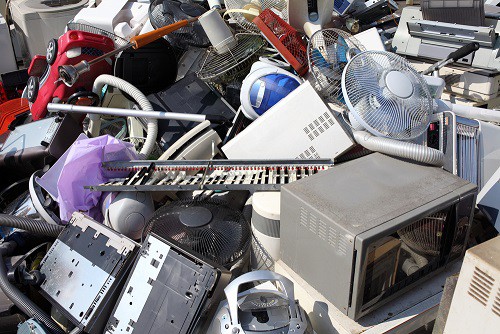
The idea of a fee is also intended to discourage compliance schemes from collecting volumes of WEEE significantly above their collection targets and then seeking to sell the surplus evidence to schemes seeking evidence to meet their obligations, because schemes could then choose the alternative of paying the fee instead of buying evidence.
Some producers of electronic products, under the previously regulations where there was no compliance fee, had claimed that evidence trading between schemes was inflating the cost of compliance with the old regulations.
The Joint Trade Associations (JTA) represents nine major trade associations in the electronic sector and works with three producer-led compliance schemes, ERP, Recolight and REPIC. The JTA claims its proposal is “clear and simple” and is “designed to increase the further a compliance scheme is from its target.”
Safety valve
Commenting on the group’s proposals, JTA chairman and technical manager at the Association of Manufacturers of Domestic Appliances, Richard Hughes, said: “The compliance fee is an important element of the new WEEE system. It acts as a safety valve, ensuring that where a PCS has not fully met its target through collections during the compliance period, it has a legitimate alternative route to compliance.
“The methodology proposed by the JTA increases the compliance fee the further a PCS is from its target. This is designed to ensure collection of WEEE is encouraged as the main route to compliance and creates a fair, balanced market.”
JTA states that it has also designed a ‘streamlined and uncomplicated’ process for local authorities to apply for funds from the fee, based on submissions received from councils.
Simon Eves, deputy chair of the group and head of environmental affairs at Panasonic UK, added: “JTA members have worked hard to deliver a clear, effective and complete system proposal which closely matches with those criteria. We look forward to it being published, along with any other submissions made, when BIS launches its public consultation on this subject later this year.”





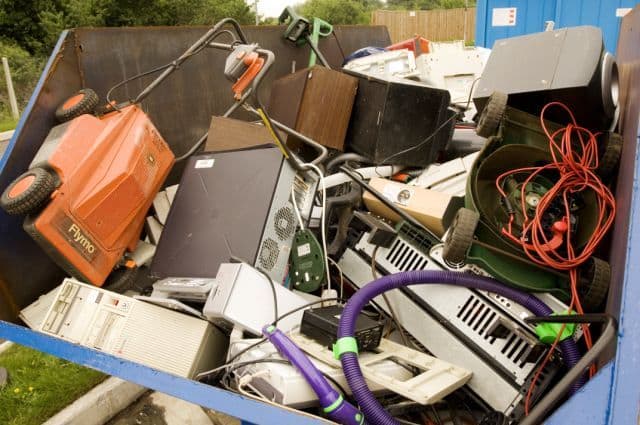
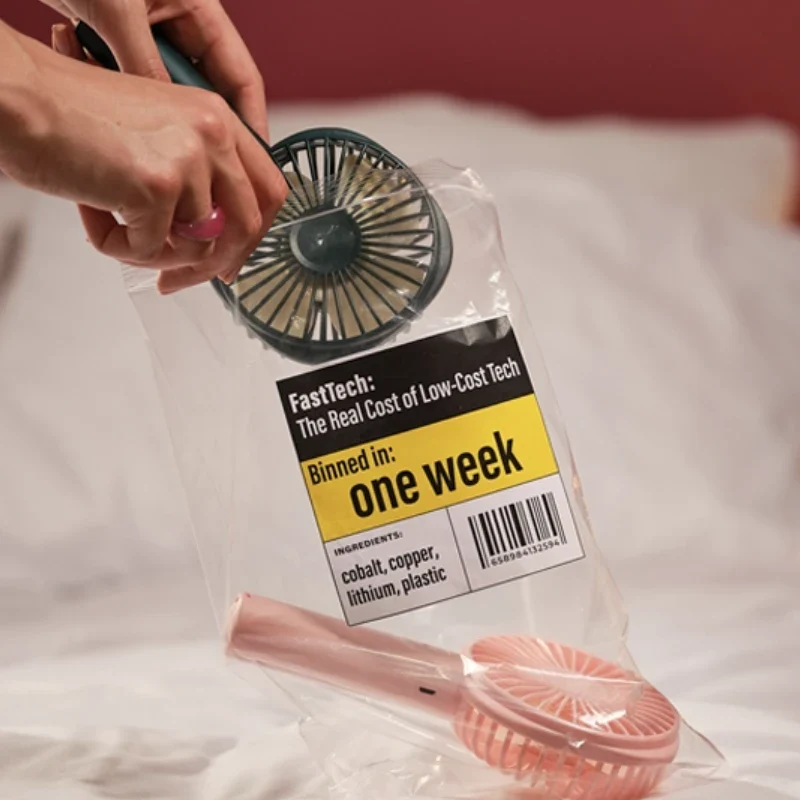
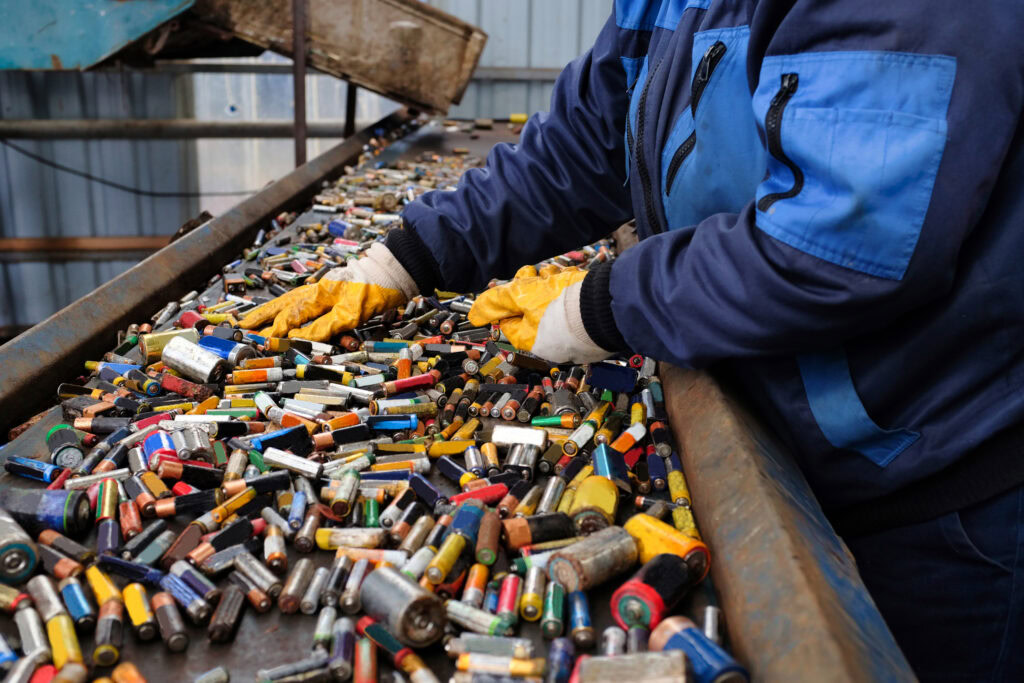
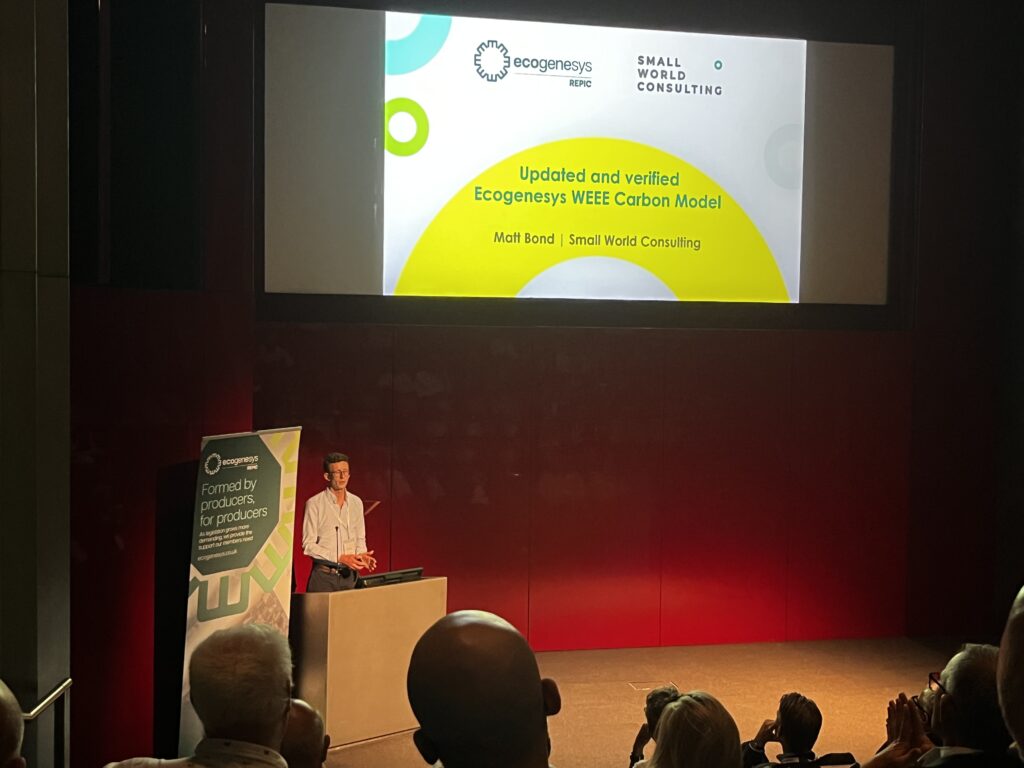
Subscribe for free